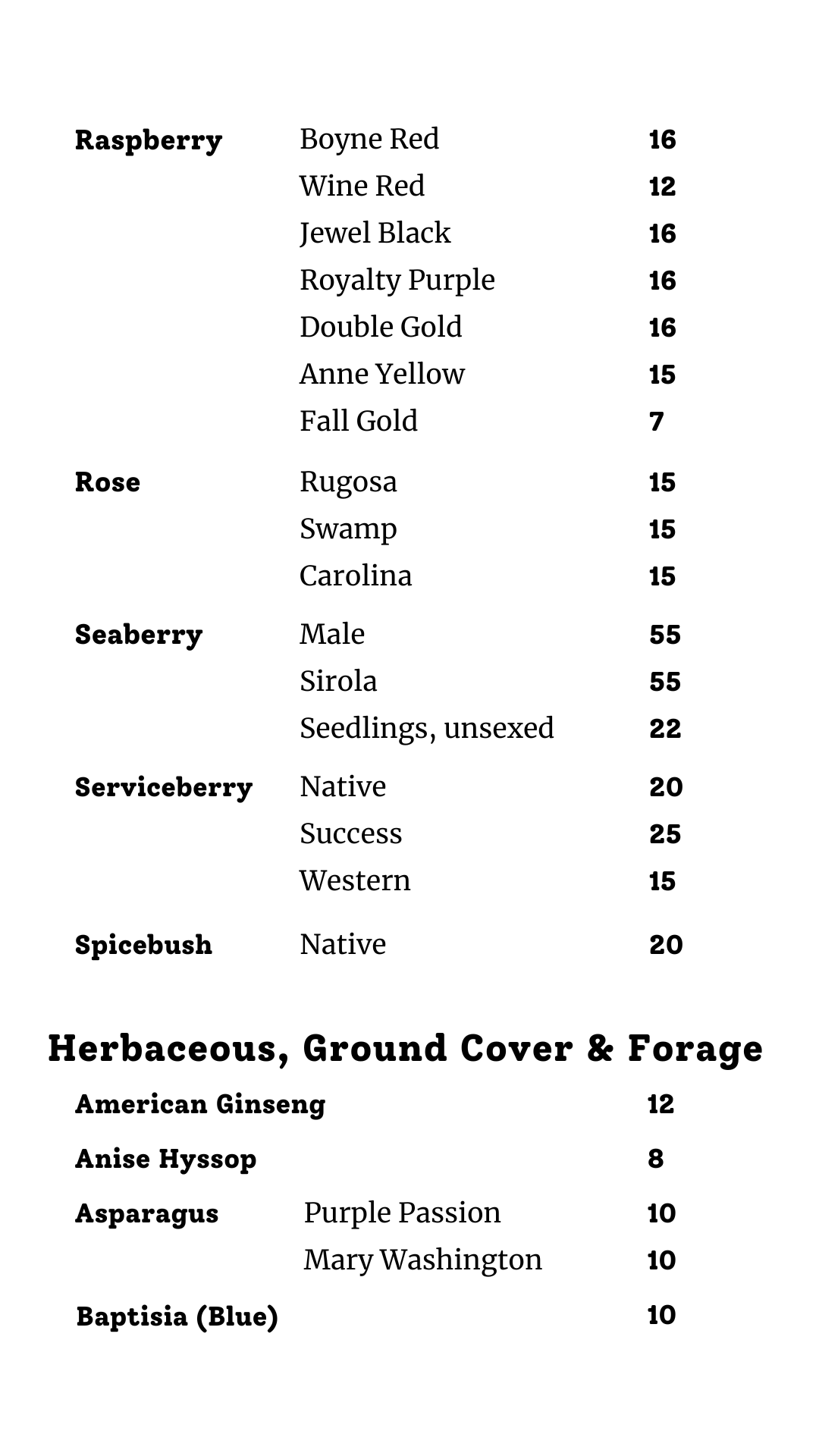As we settle in to the winter months ahead, we have a chance to catch our breath and reflect on the last few seasons of labor and harvest, take inventory, and express gratitude.
EDUCATION
This year saw the 370th Permaculture Design graduate in our history of 15+ years teaching in Cincy
Welcomed our second BIPOC teacher at the Antioch College course
Hosted sessions with OLLI Continuing Ed at UC, Kenton, Ky Library, Mt Healthy Pawpaw Club
Gave 2 full and 2 partial scholarships for the Permaculture Design Certification course
Led and partnered on seed swaps, implementations, tree pruning, Winter Practices, Plant and Play day, Earth Day events, Monarch Festival, Farmers Markets
GROWING VALUE NURSERY
We continue to increase local sourcing and in-house cultivation of our inventory
Sold 1,400+ plants!
Another record year for new Memberships. THANK YOU, NEIGHBORS!
Continue to increase open hours during key months of Spring and Fall
Installed dozens of new bilingual signage in Nursery and demonstration spaces
Grant funding allowed thousands of dollars in discounted prices
CPI conducted Permaculture Nursery Management virtual workshop for Permaculture Institute of North America (PINA)
COMMUNITY CONNECTIONS
CPI co-presented with other activist growers at Green Umbrella Midwest Regional Sustainability Summit
Design collaborations with Food Not Lawns
Saved a Neighbor thousands of dollars with a design for their 30 acre space in North Fairmount.
Through grant funding from Seeds of Change and Community Partnerships we leveraged our skills and efforts to install more than 30 Food Forests and Forage Gardens. Sites include residences, public spaces, community centers, businesses, schools and churches. Looking forward to reporting the hundreds of pounds of produce yielded in the coming years.
To grow a more connected, interdependent community we continue to partner with many organizations and individuals. This year we’ve collaborated on projects, workshops, and events with: TreeYo Permaculture, Working in Neighborhoods, Reimagining the Civic Commons, Cincinnati Urban Promise, Bethel Apostalic Church #2, Westwood Grows, Tending Roots EcoCollaborative, Green Umbrella, Common Orchard Project, Food Not Lawns, Main St EcoGarden/Permaganic, Antioch College, Dater Montessori School, Rotary Club, Cincinnati State, Wake the Farm Up, Sustainability Central, Hamilton County Parks and Conservation Districts
Engagement with GLRPI and PINA for training and idea sharing to improve our offerings.
Thank you to our entire ecosystem of support
Permaculture is about connections, and it is through the connected ecosystem of support that we are able to do what we do. We have exciting things in the works for 2026 and invite you to Think Global, Live Local with us as we continue to evolve.
~ Susan VonderHaar, Executive Director, & the CPI Board





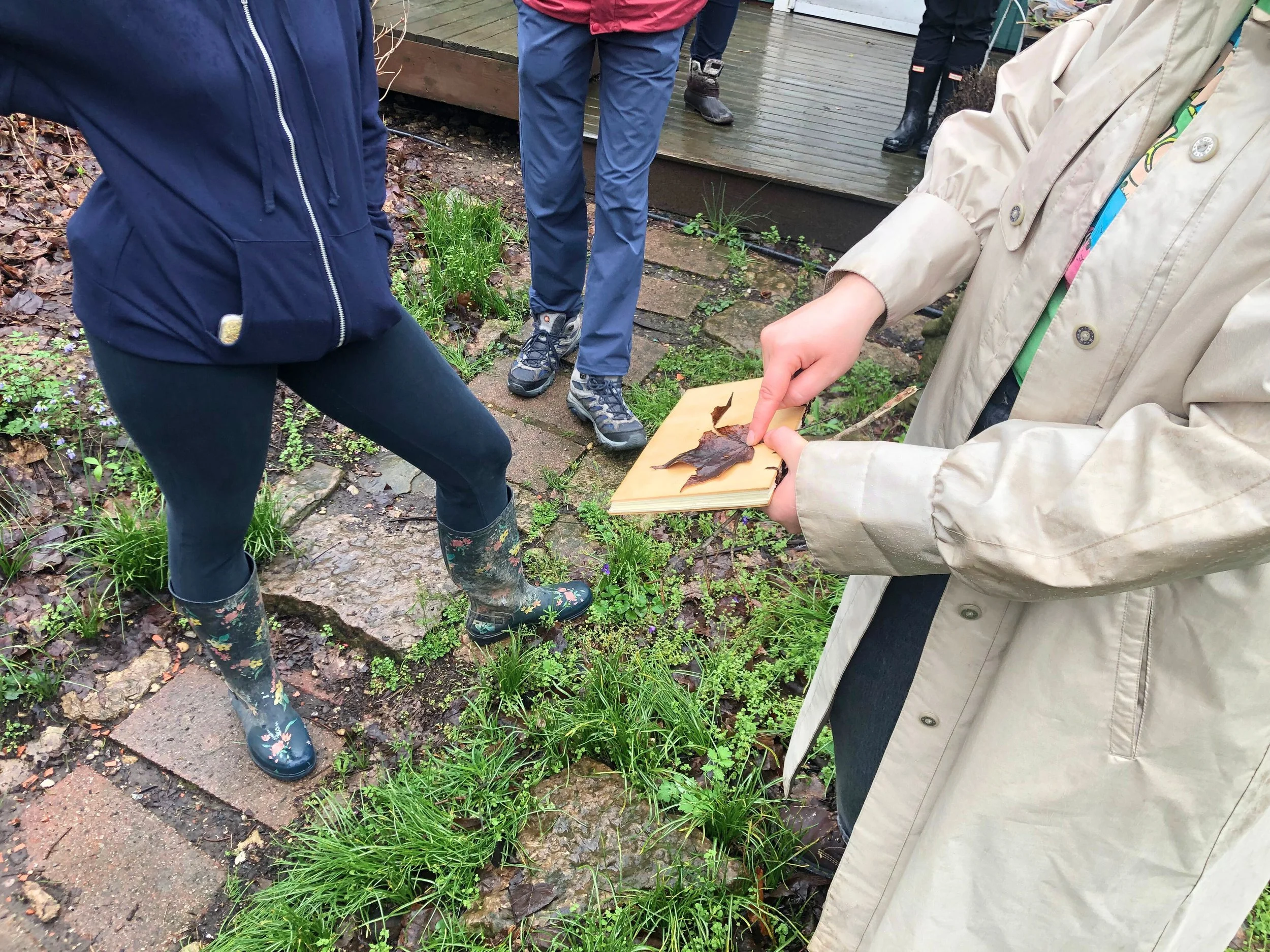


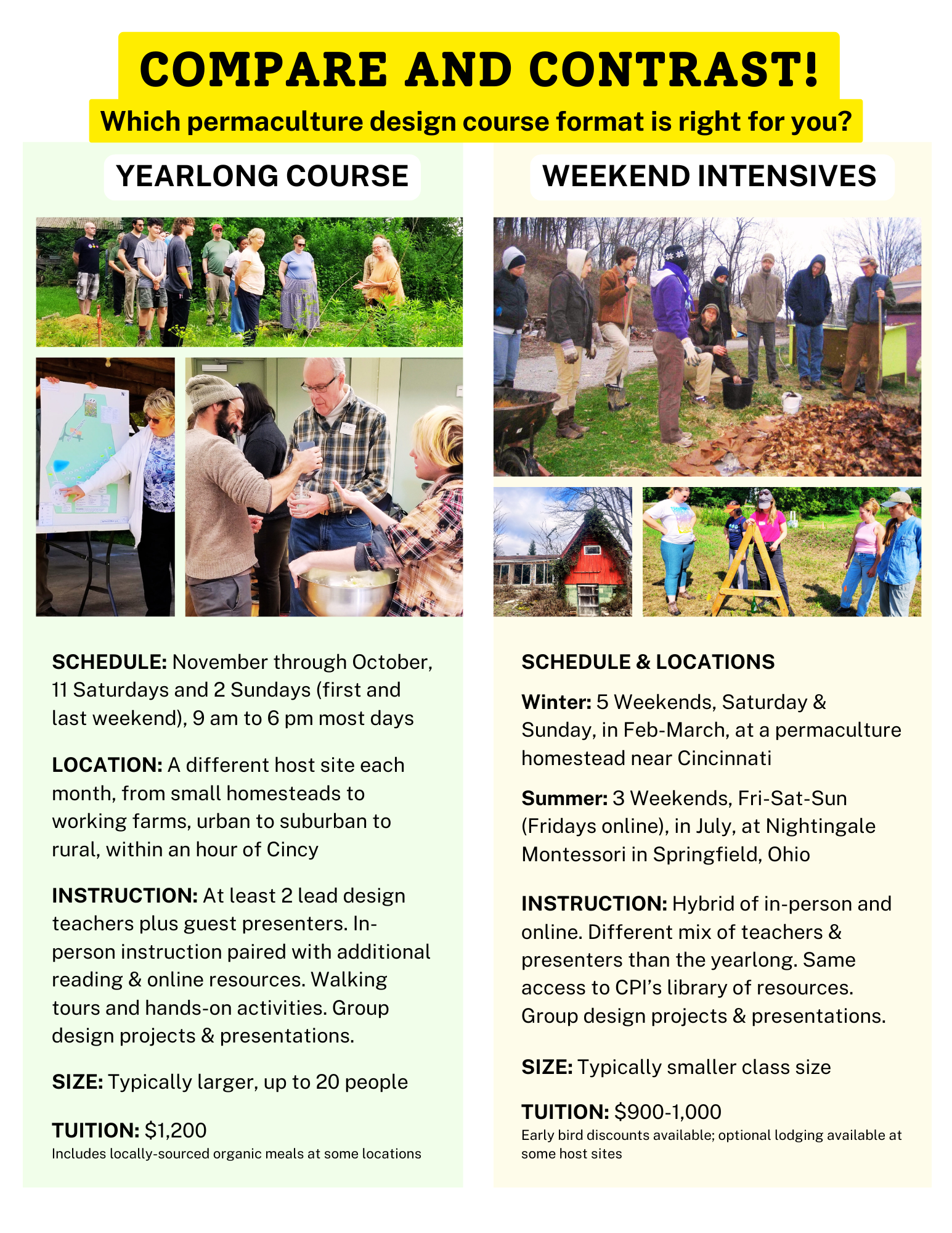
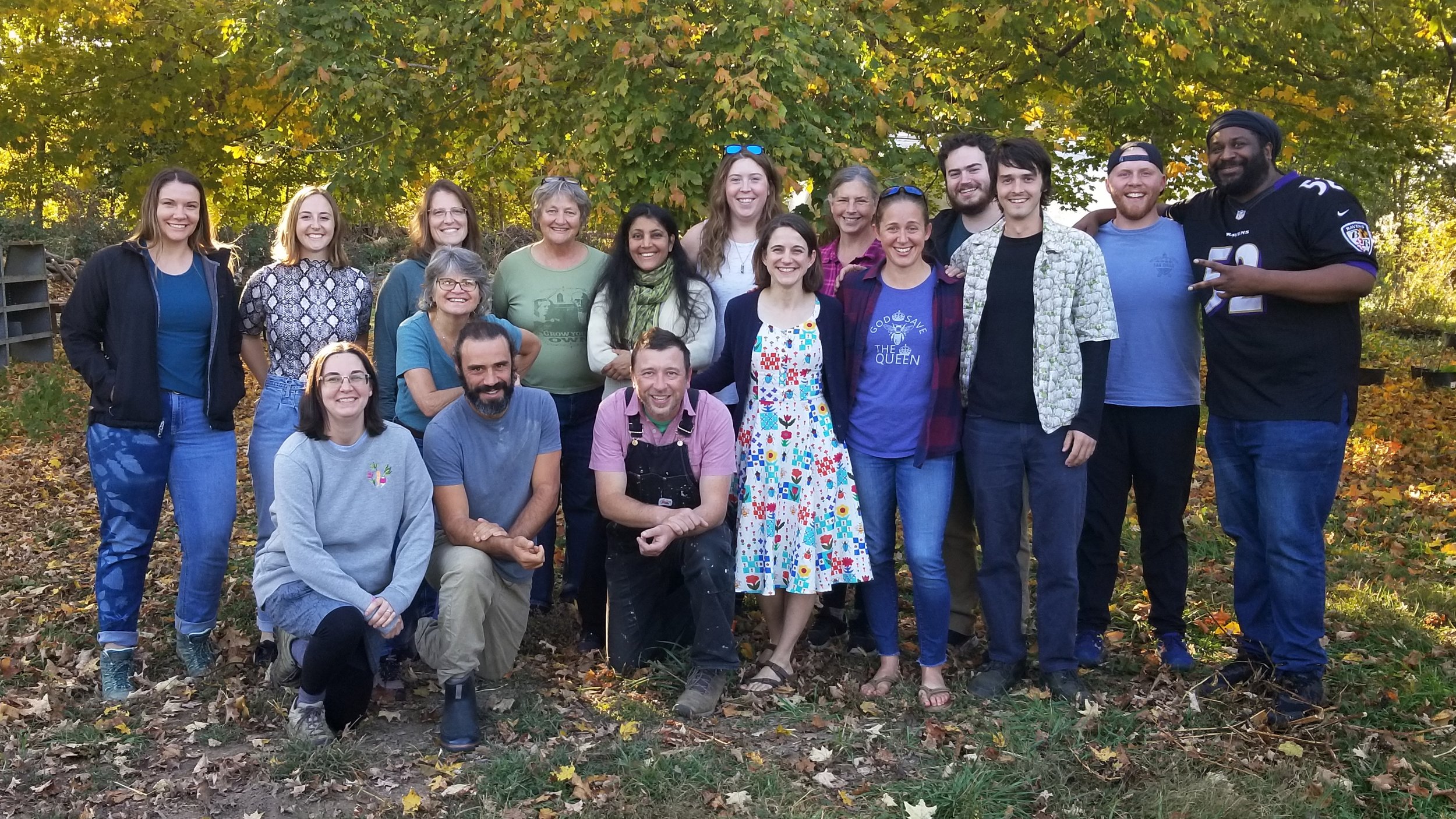

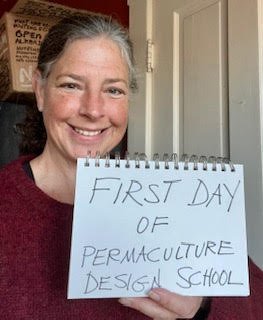

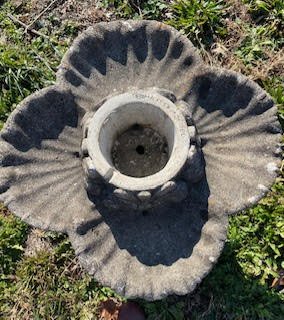
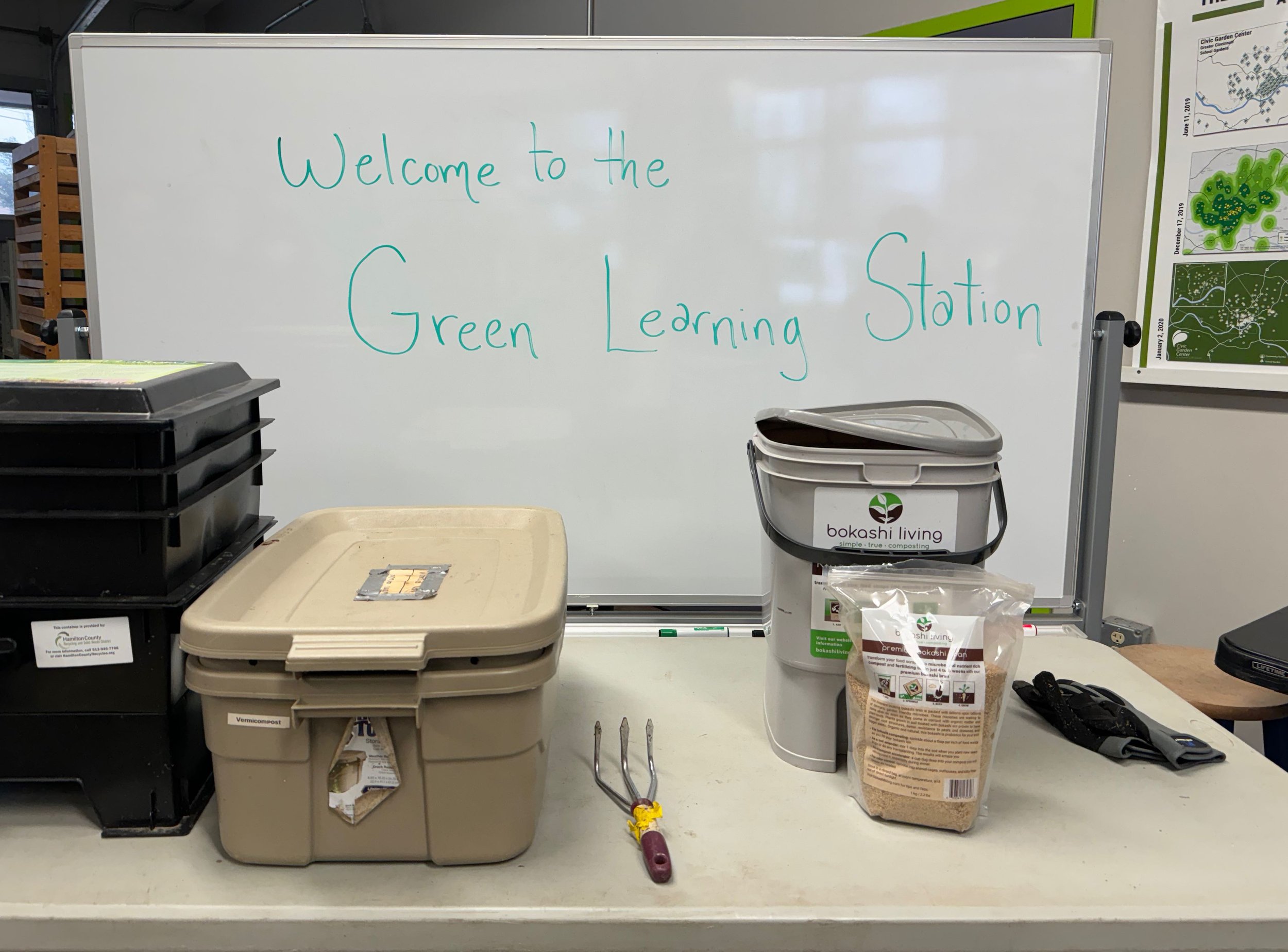
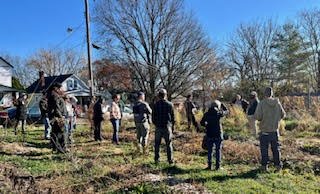
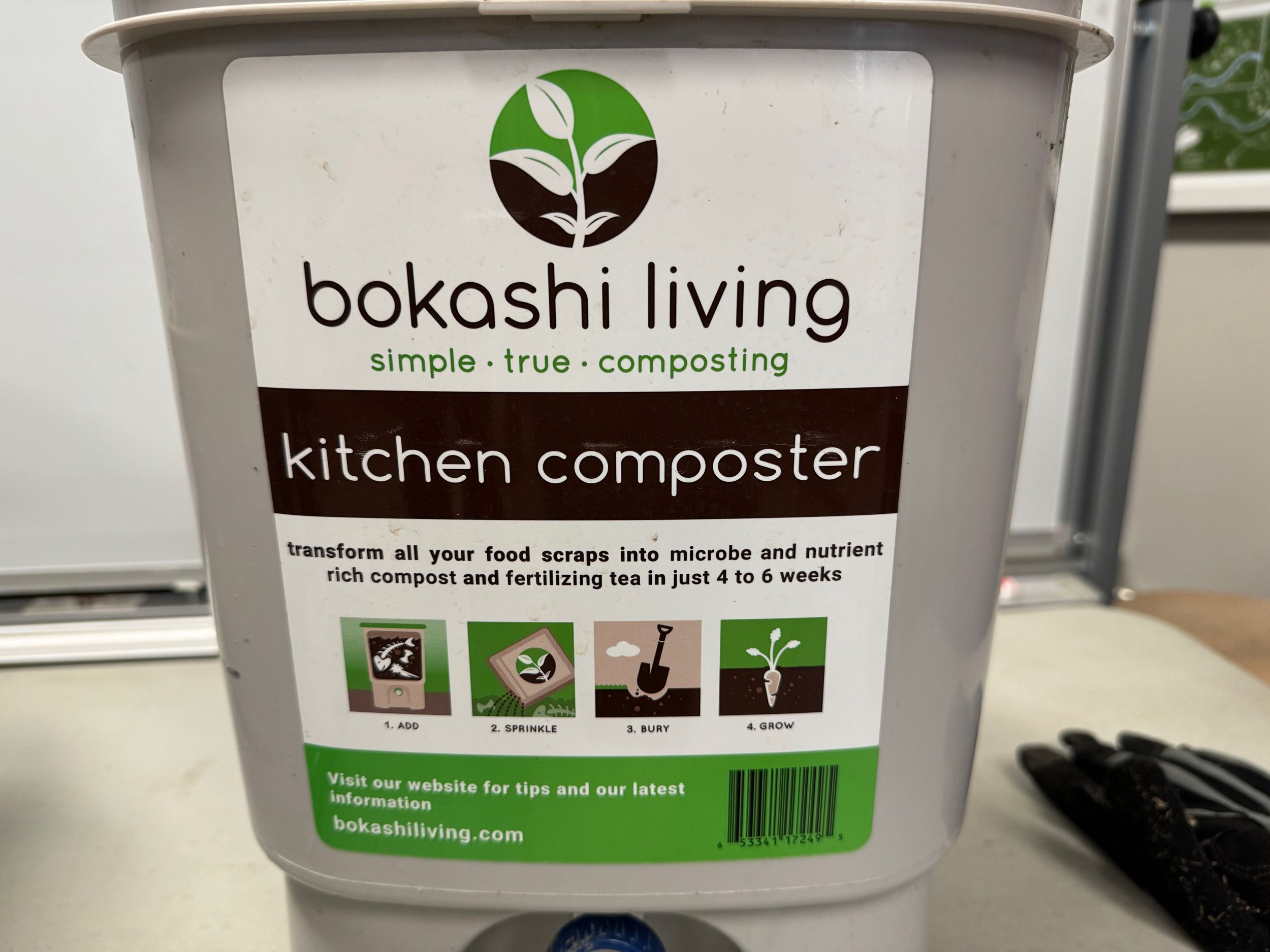
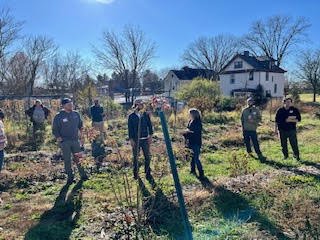
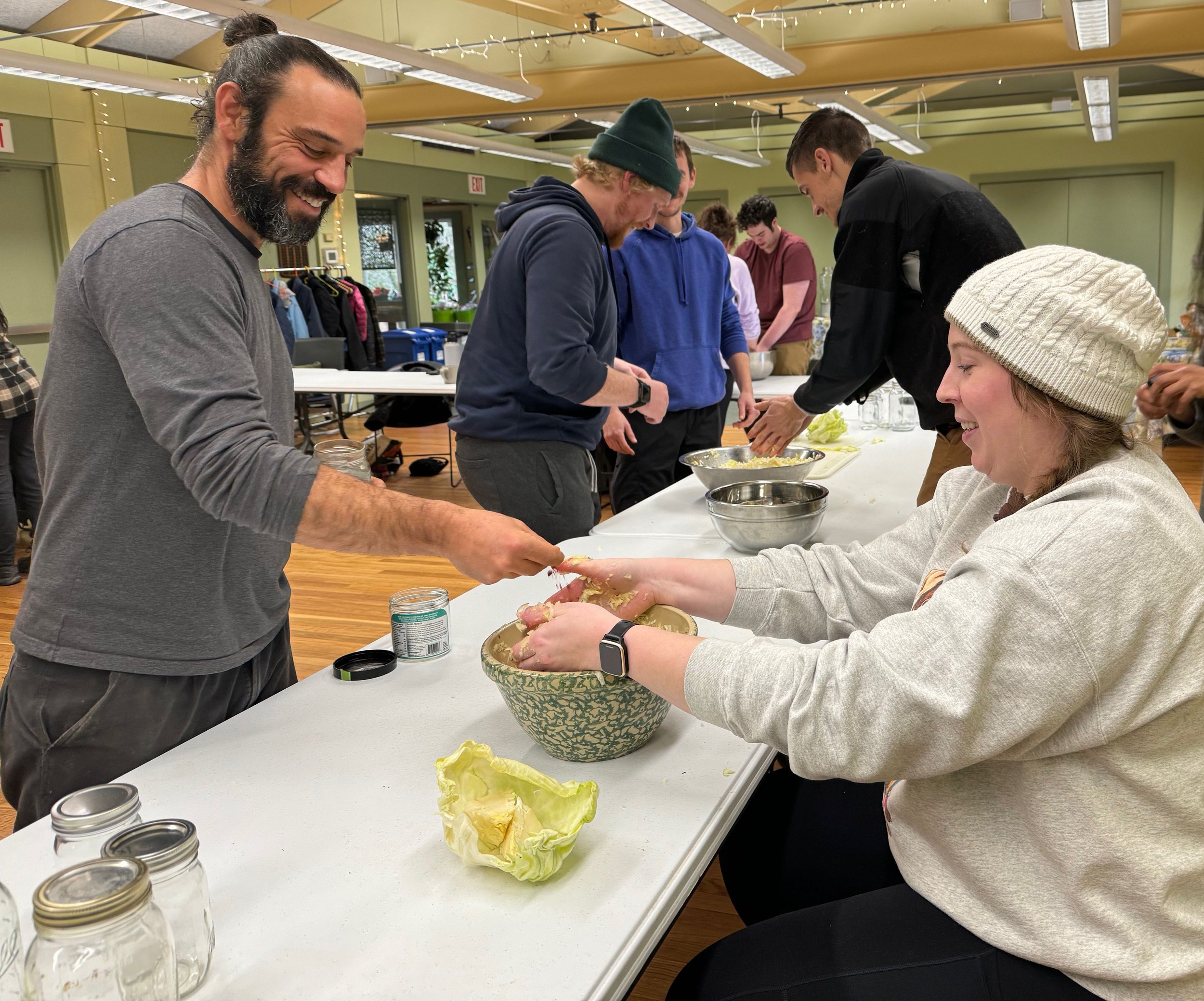
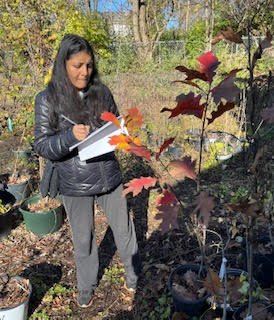


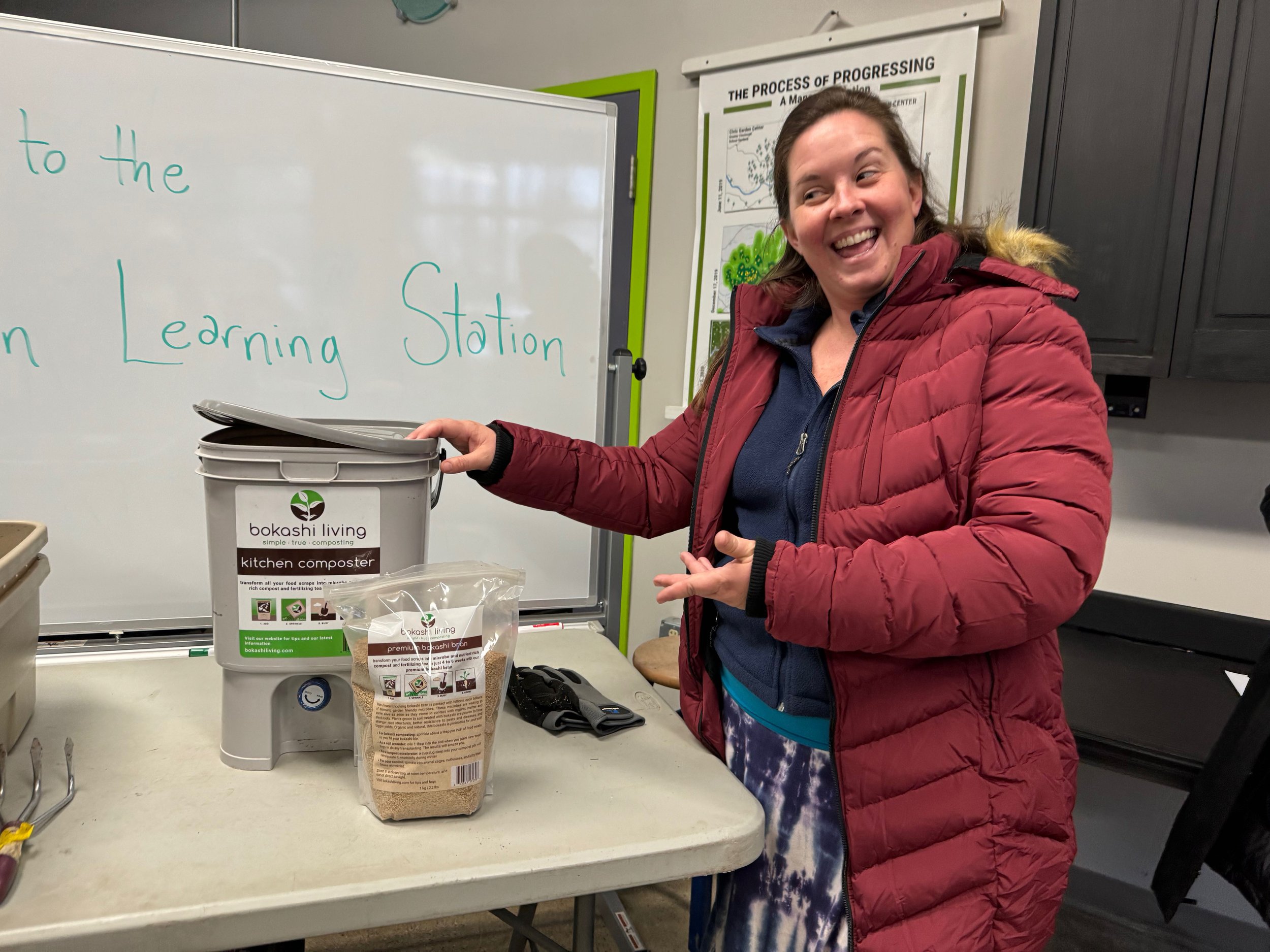
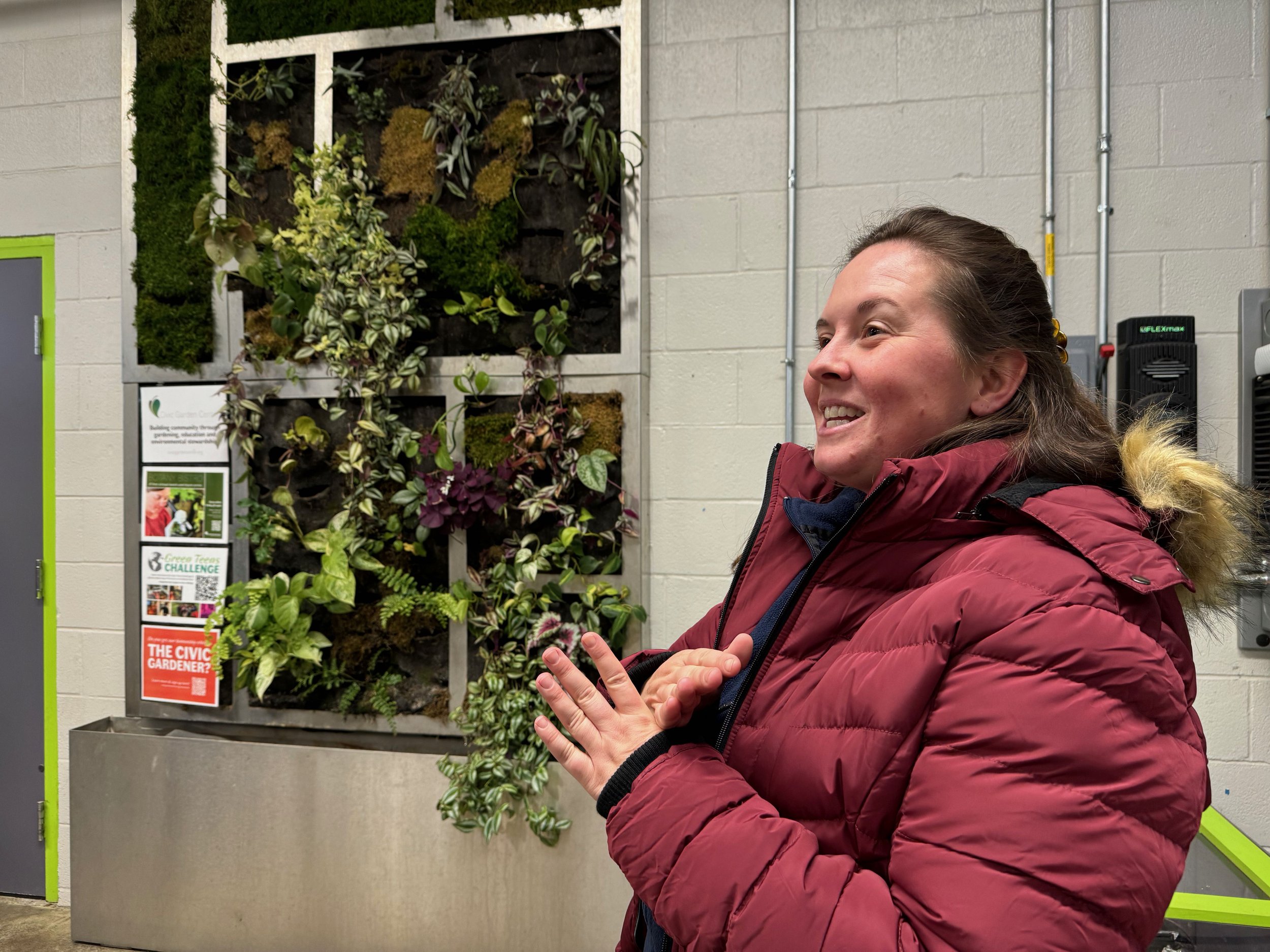
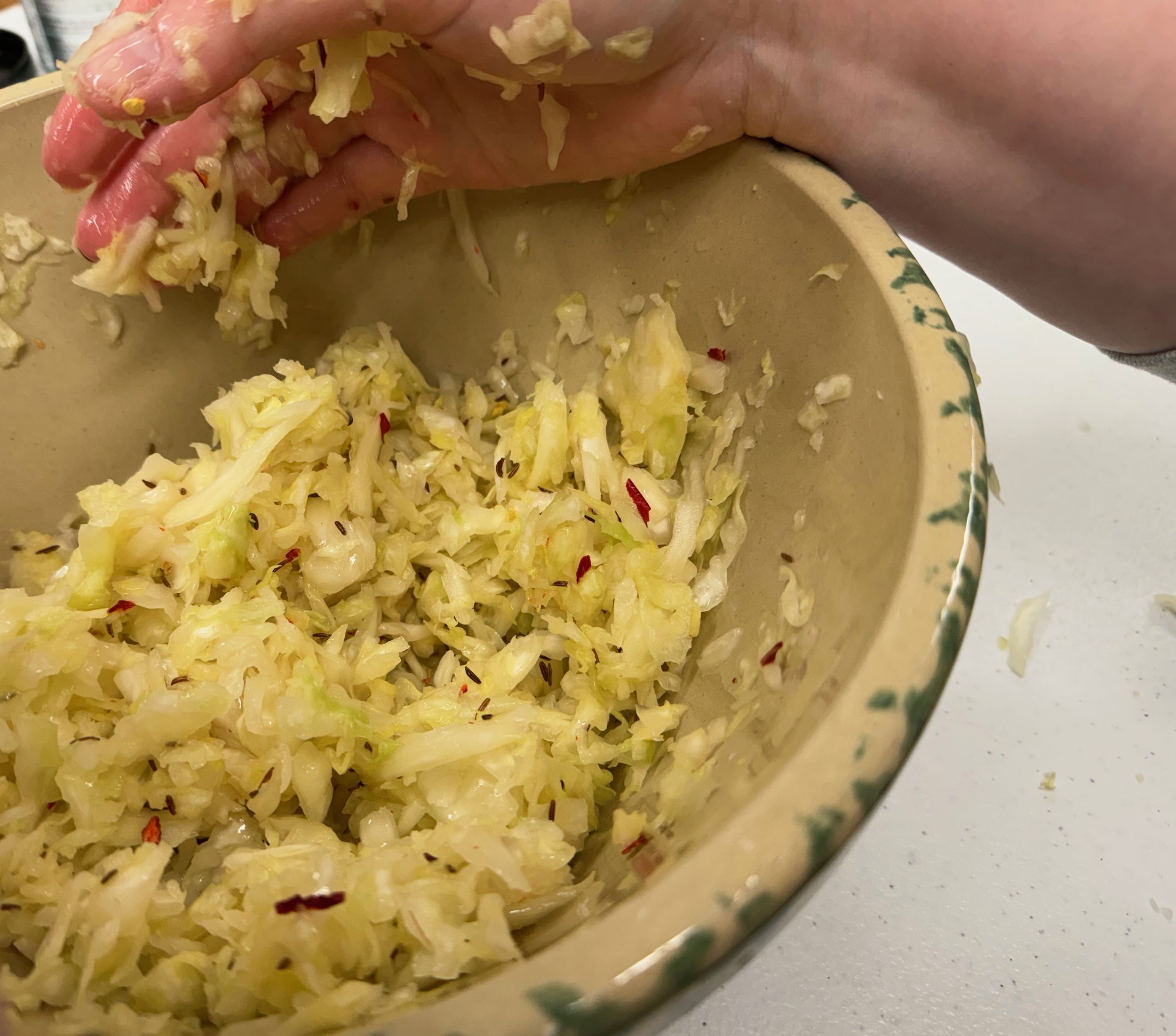
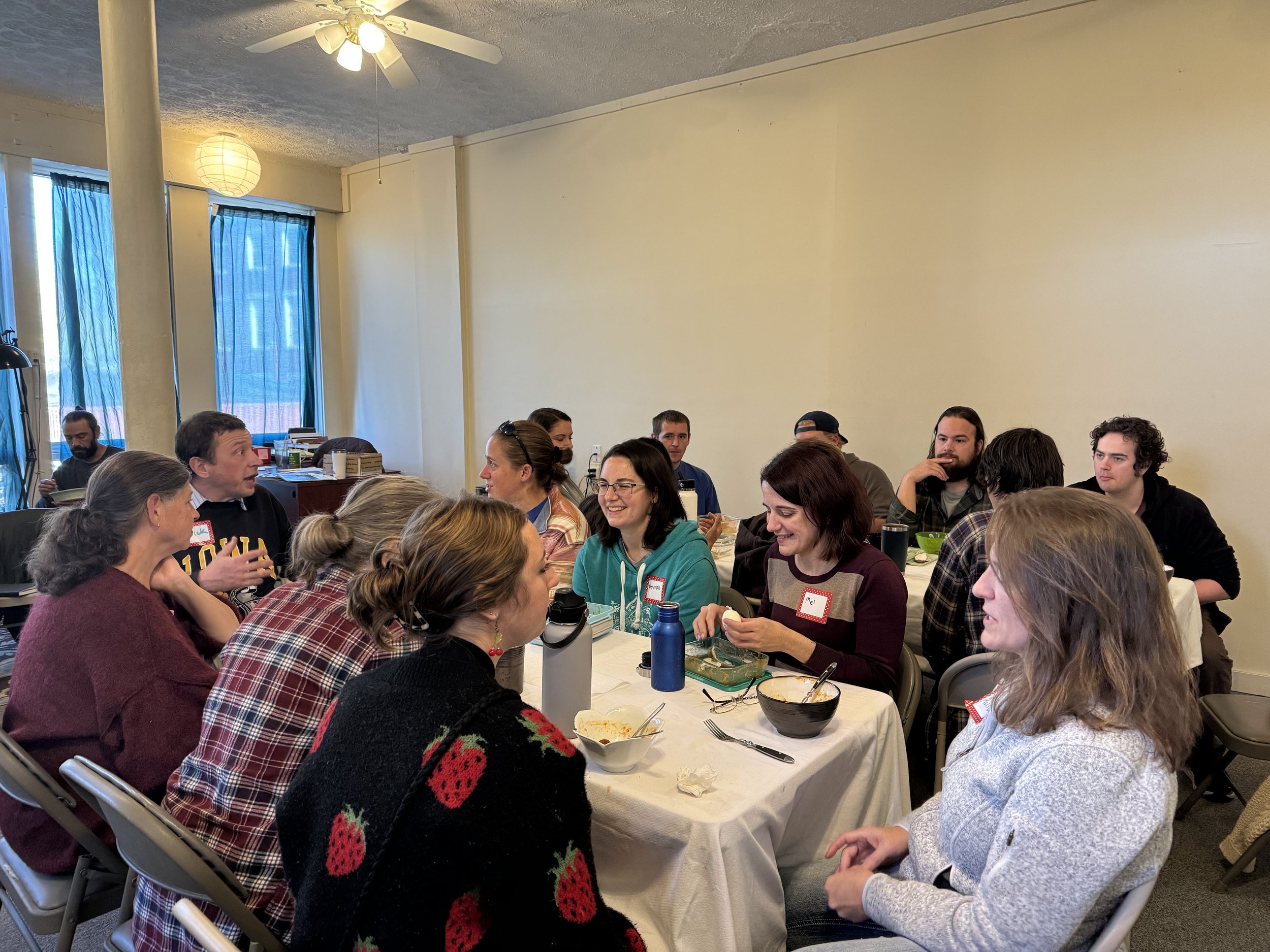
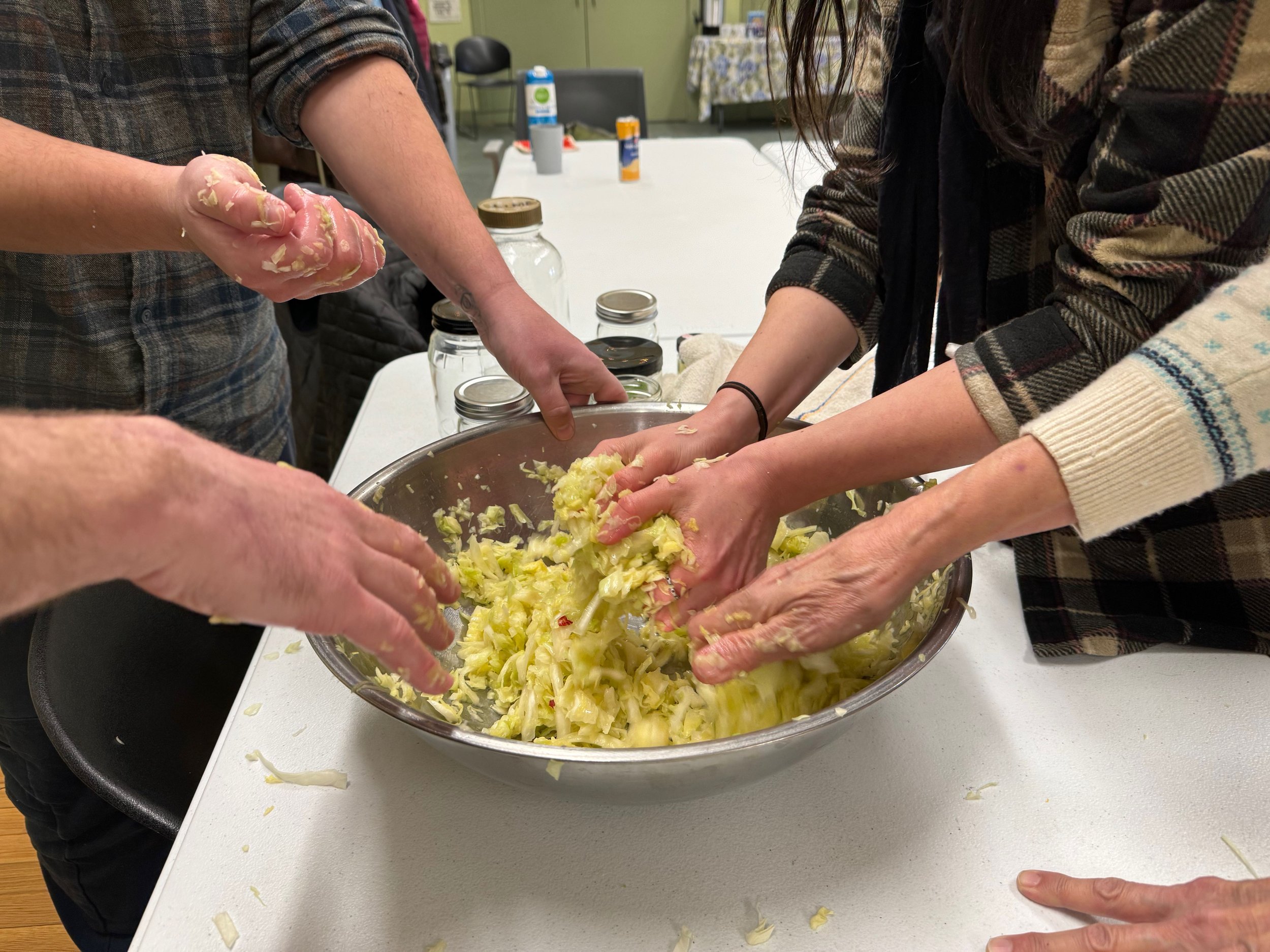

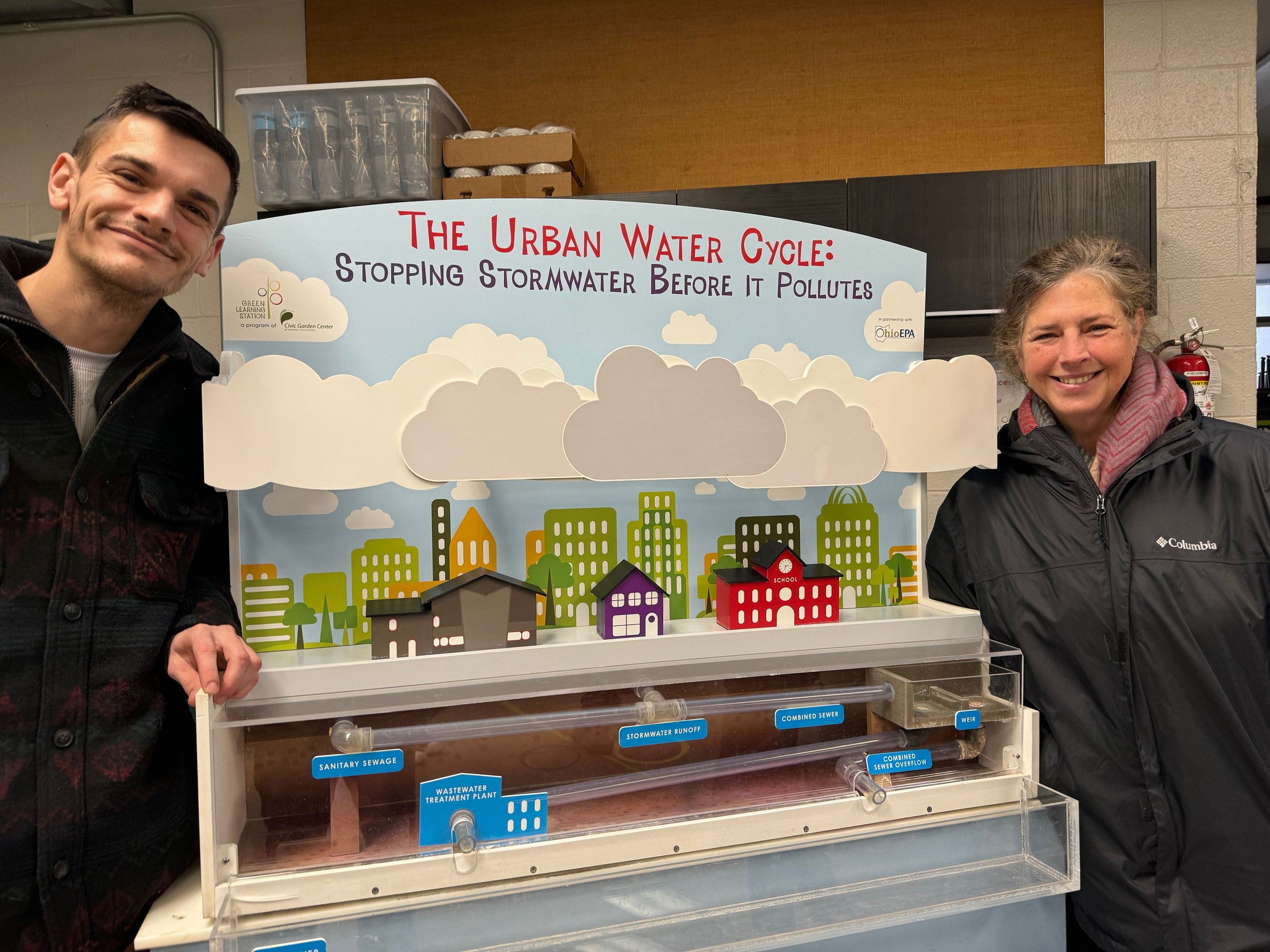
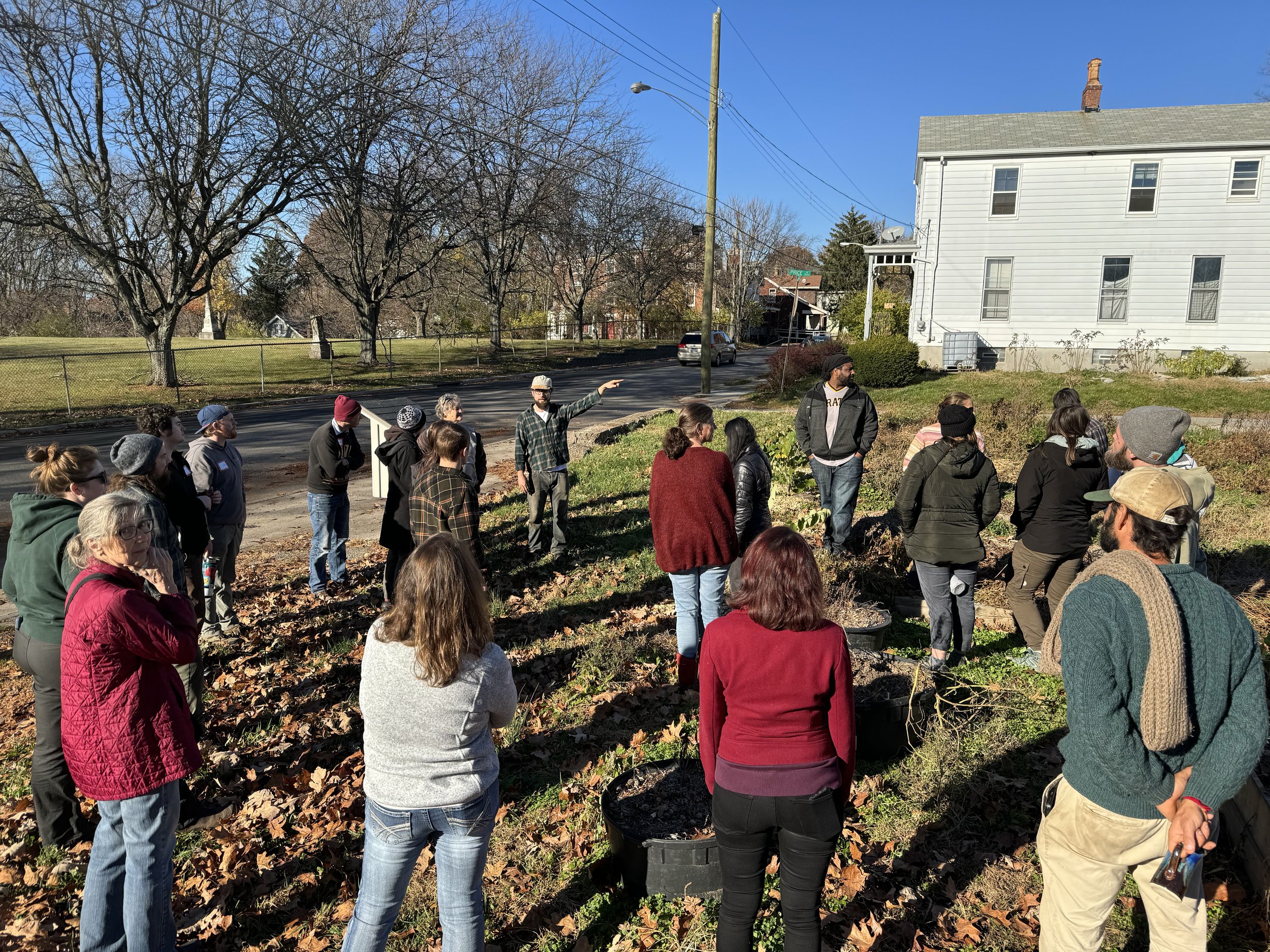
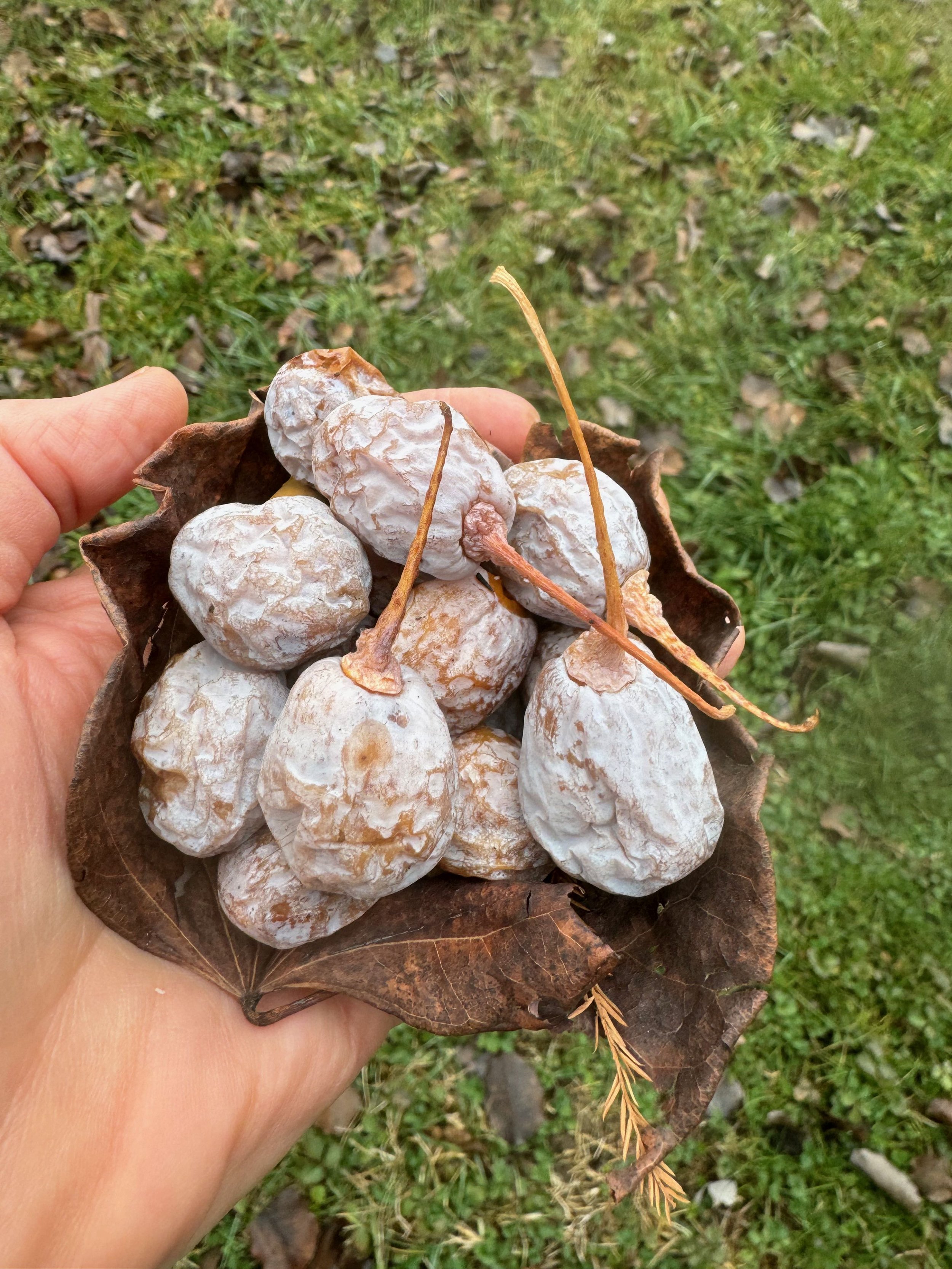


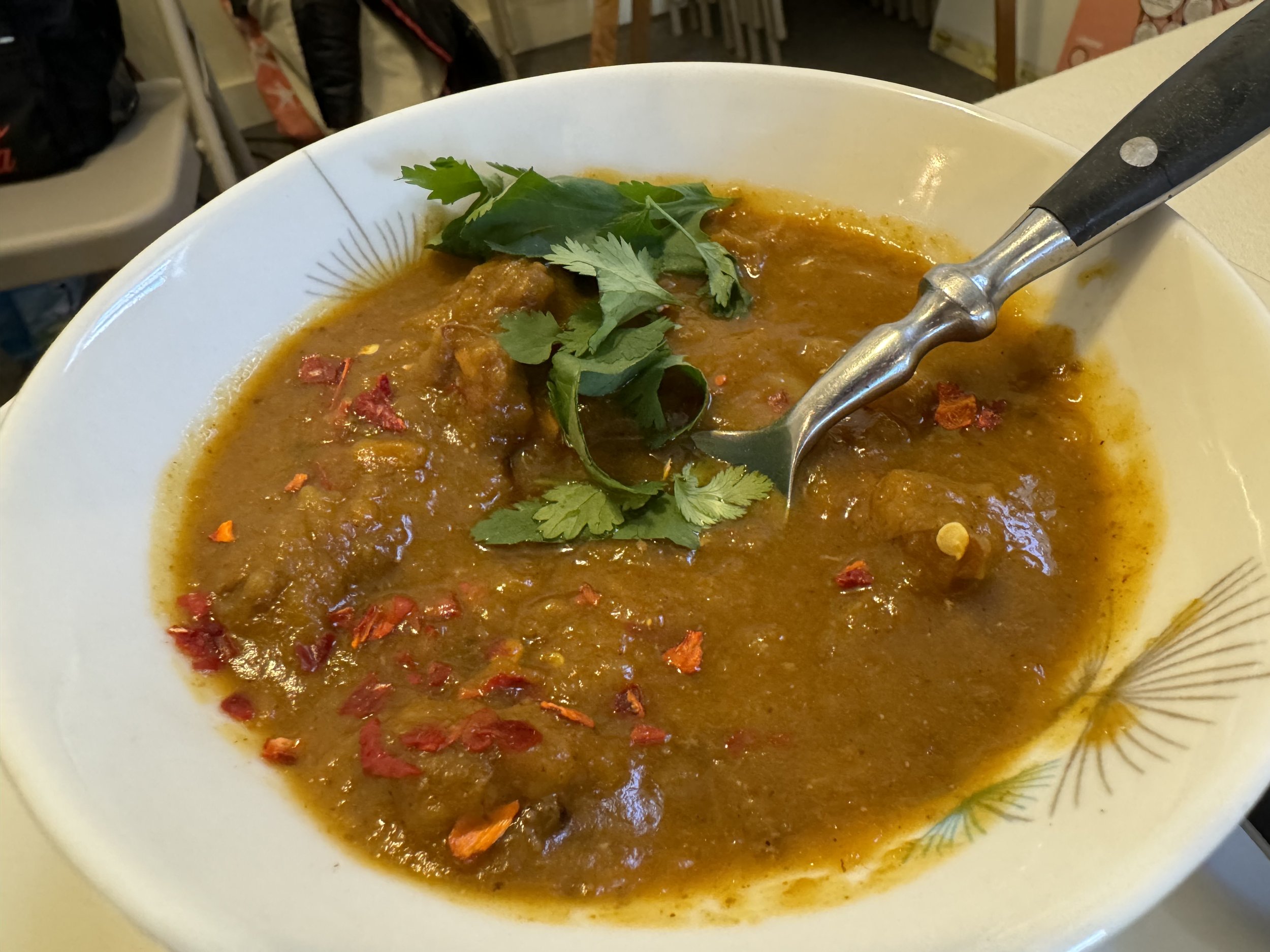

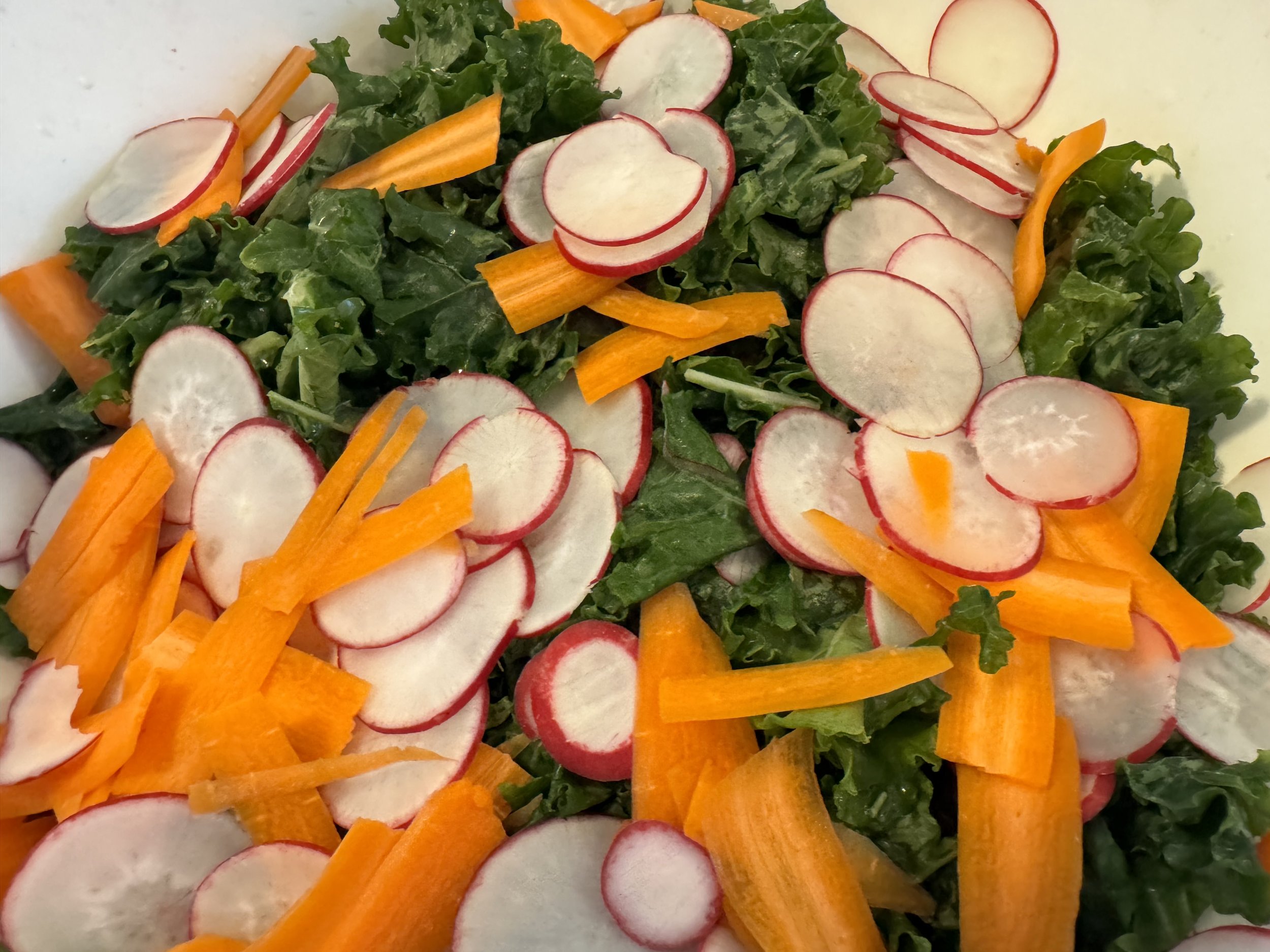
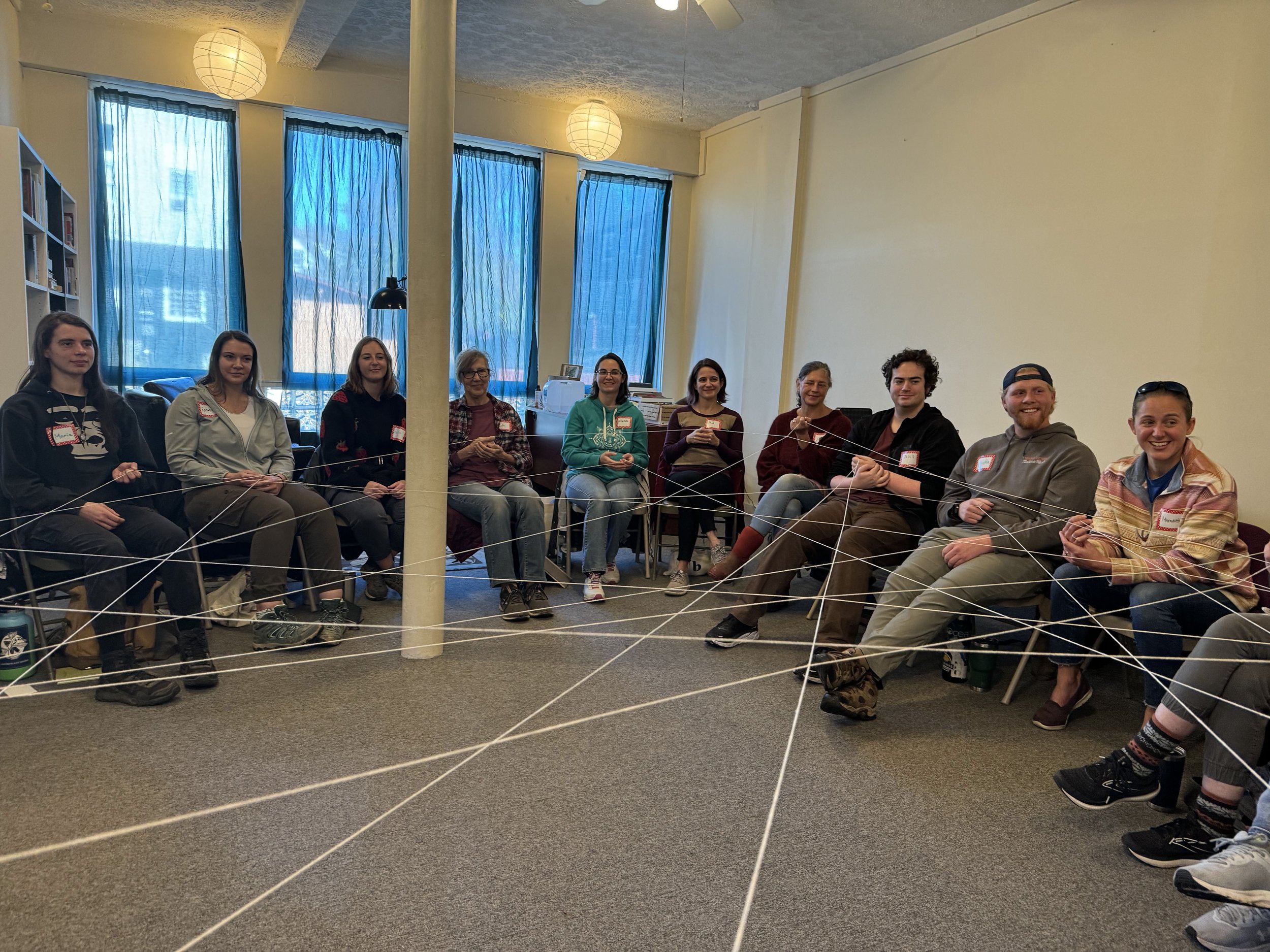

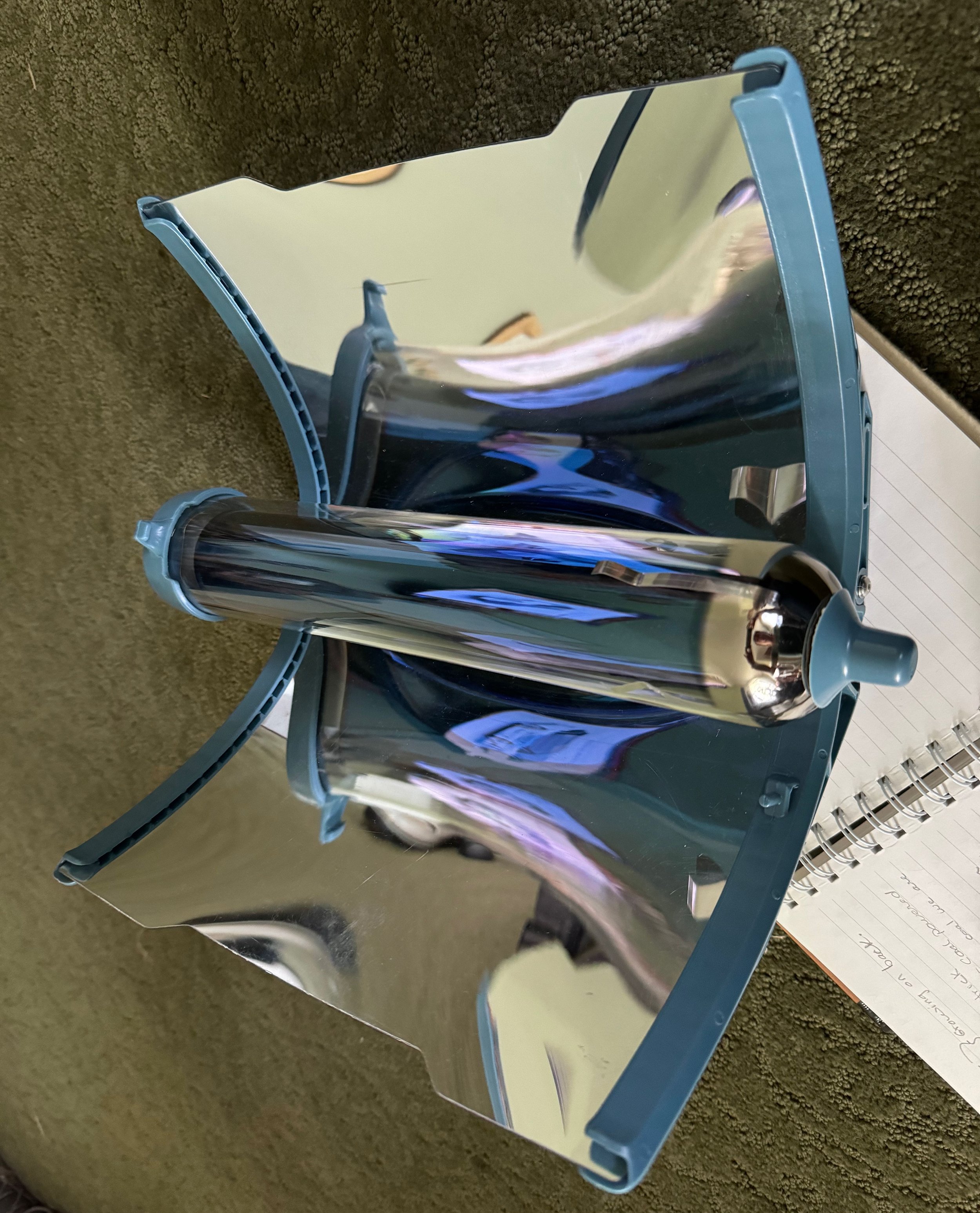
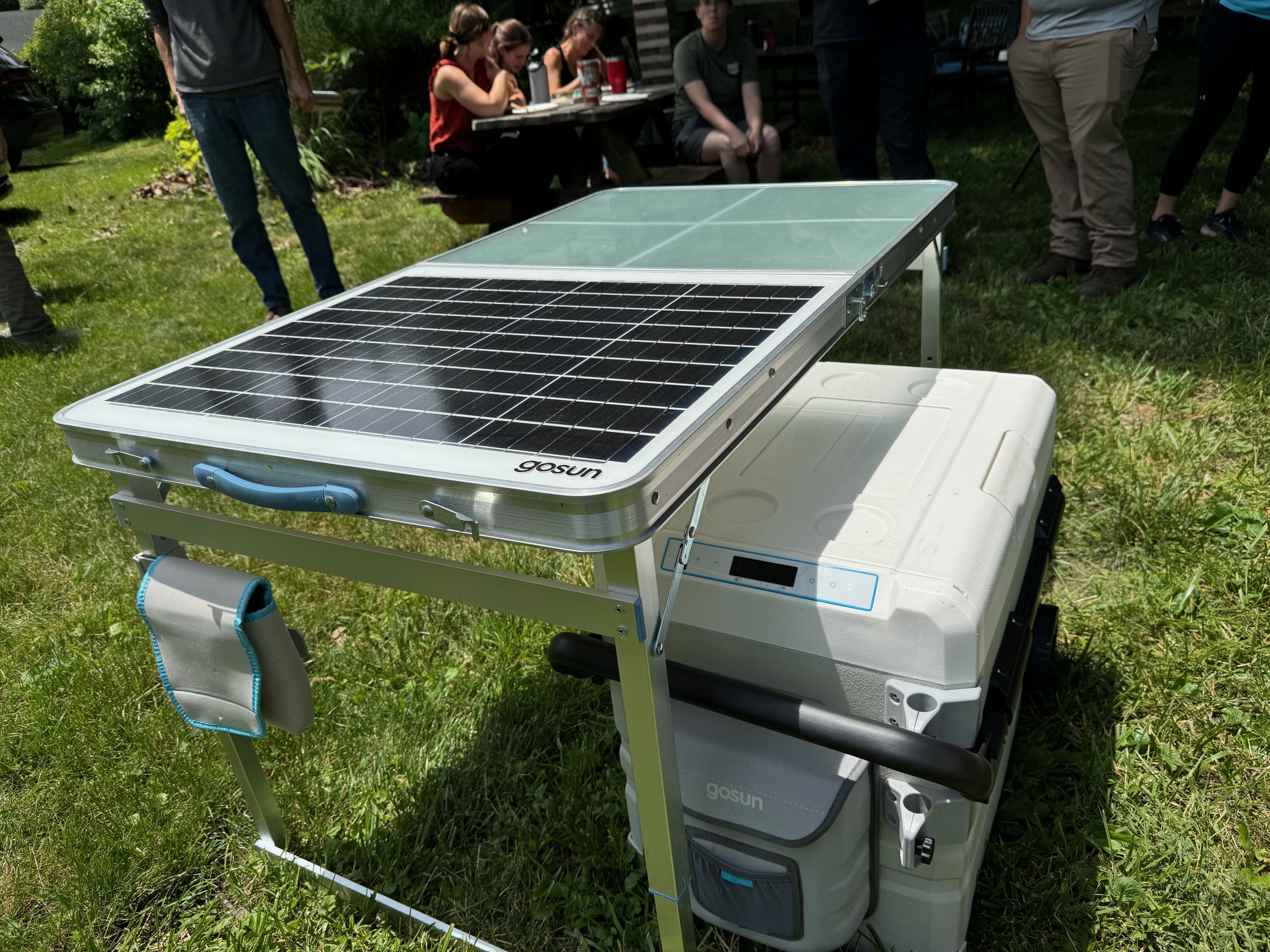
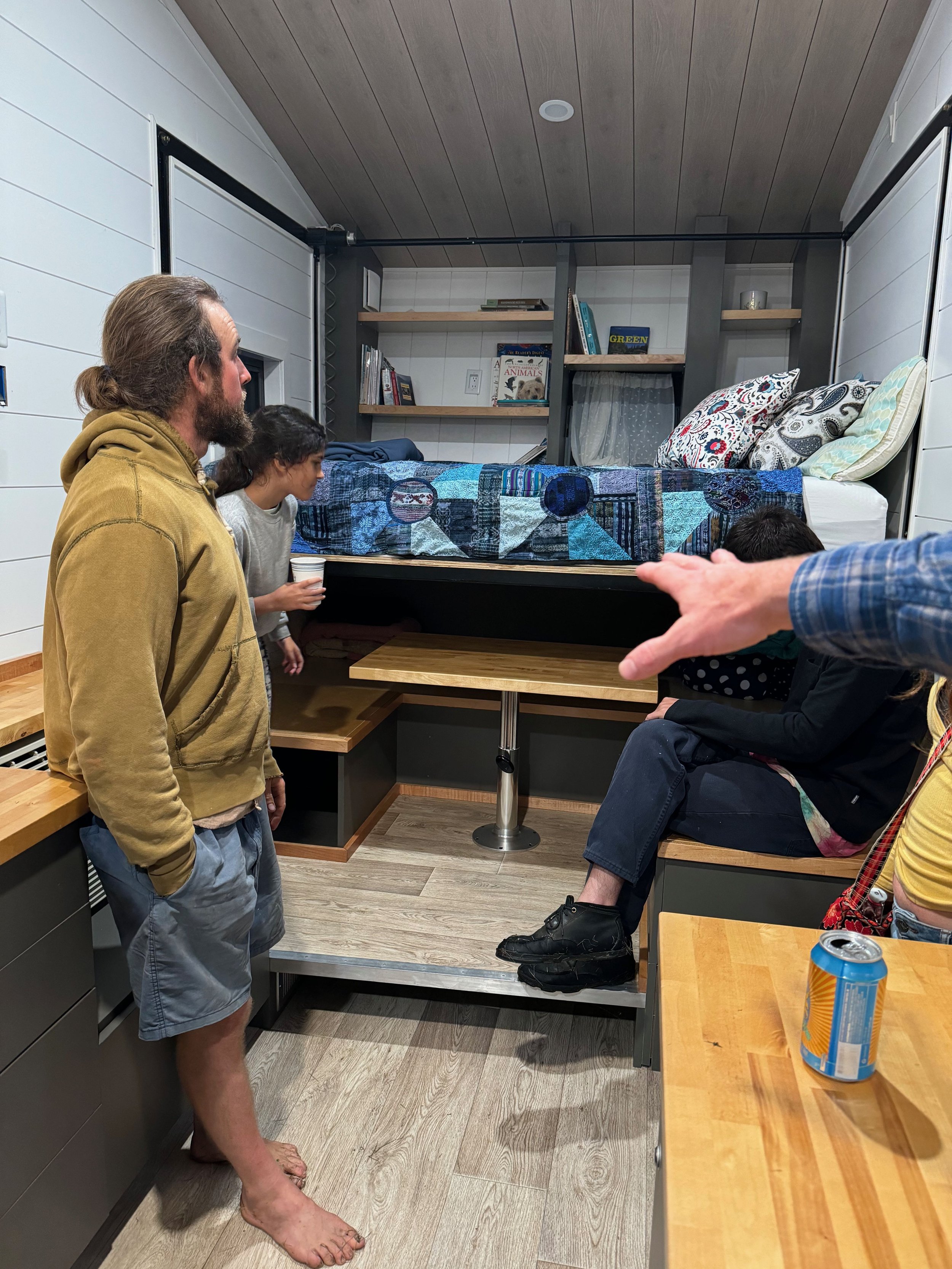
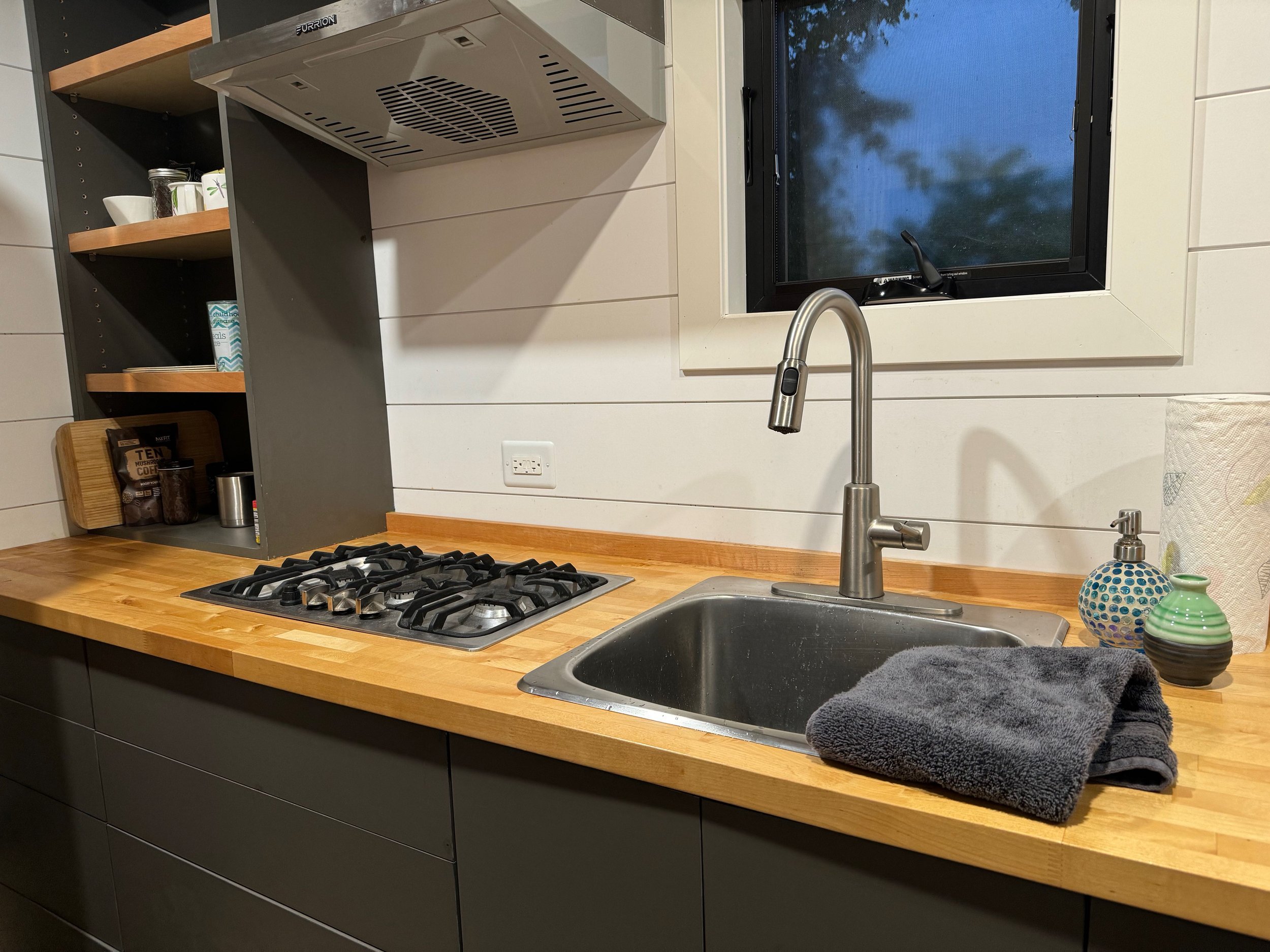
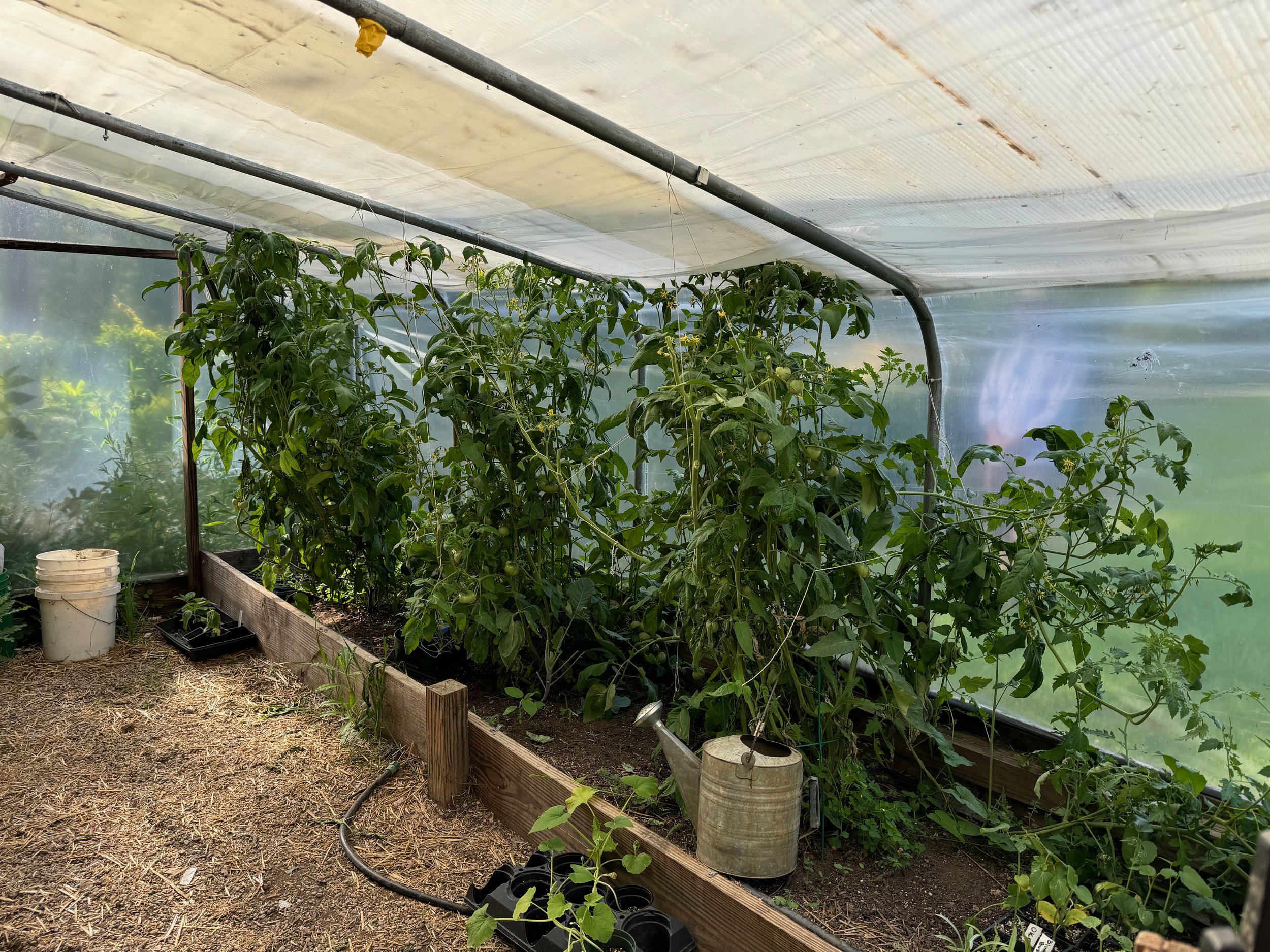
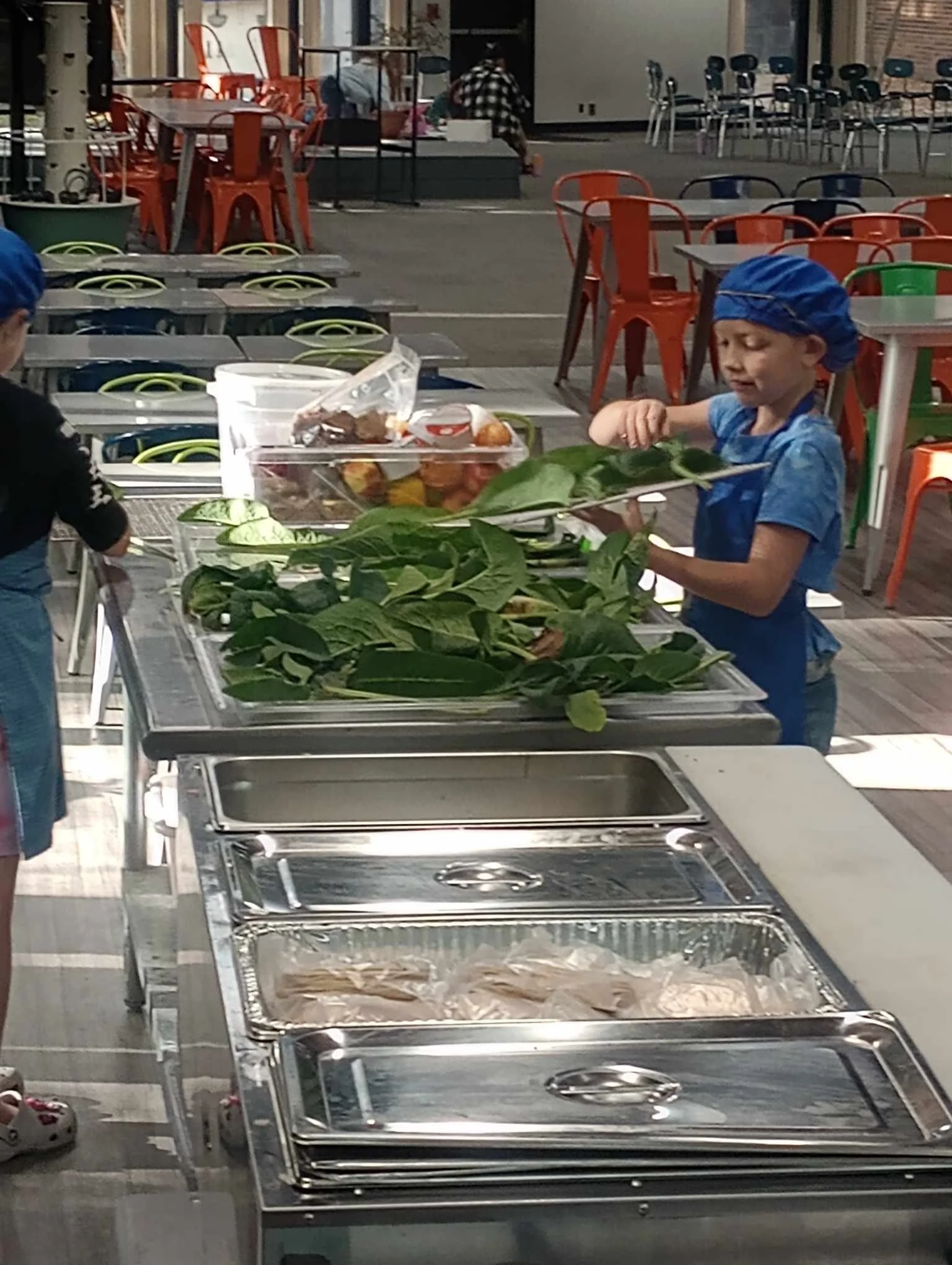
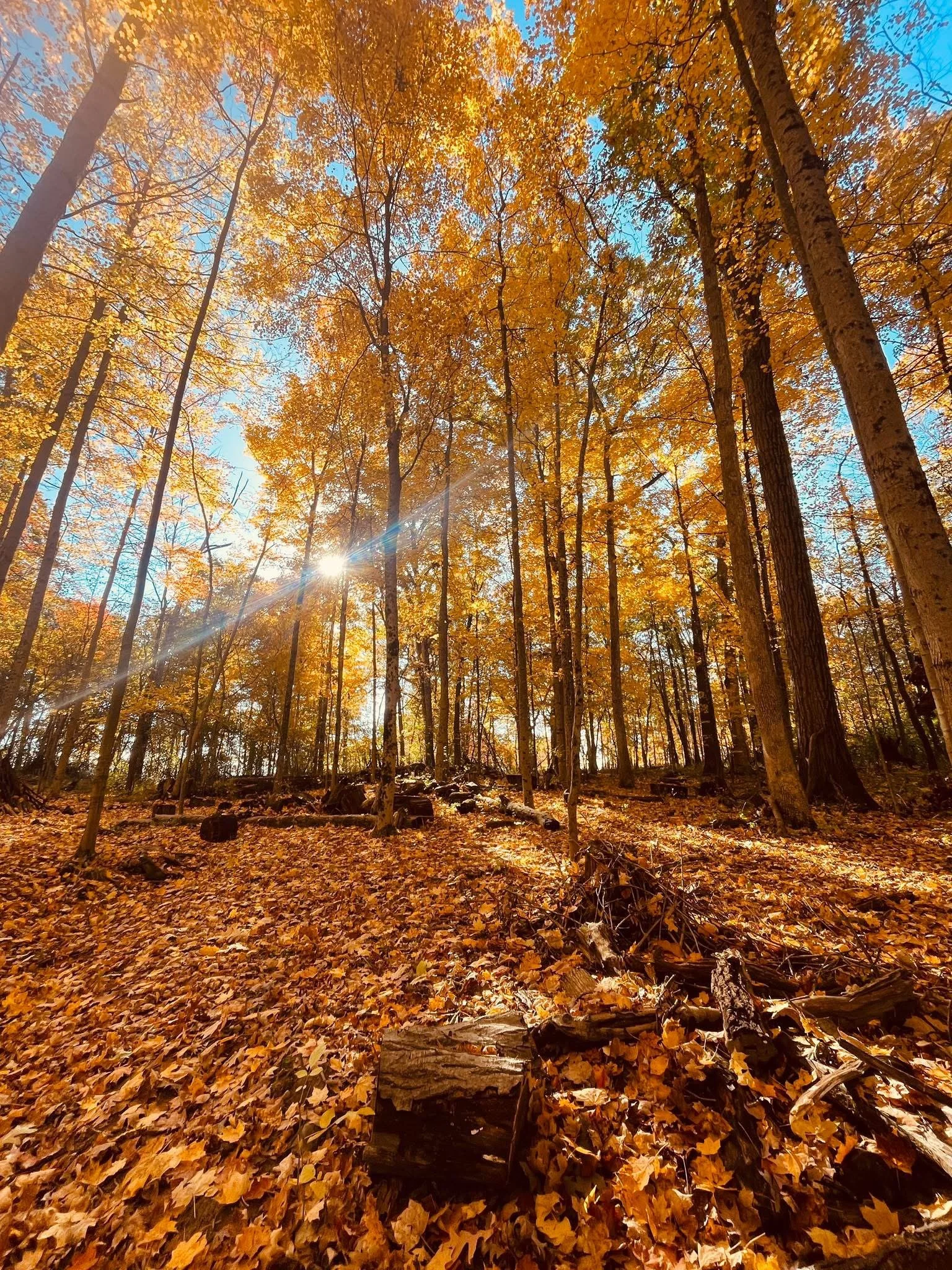






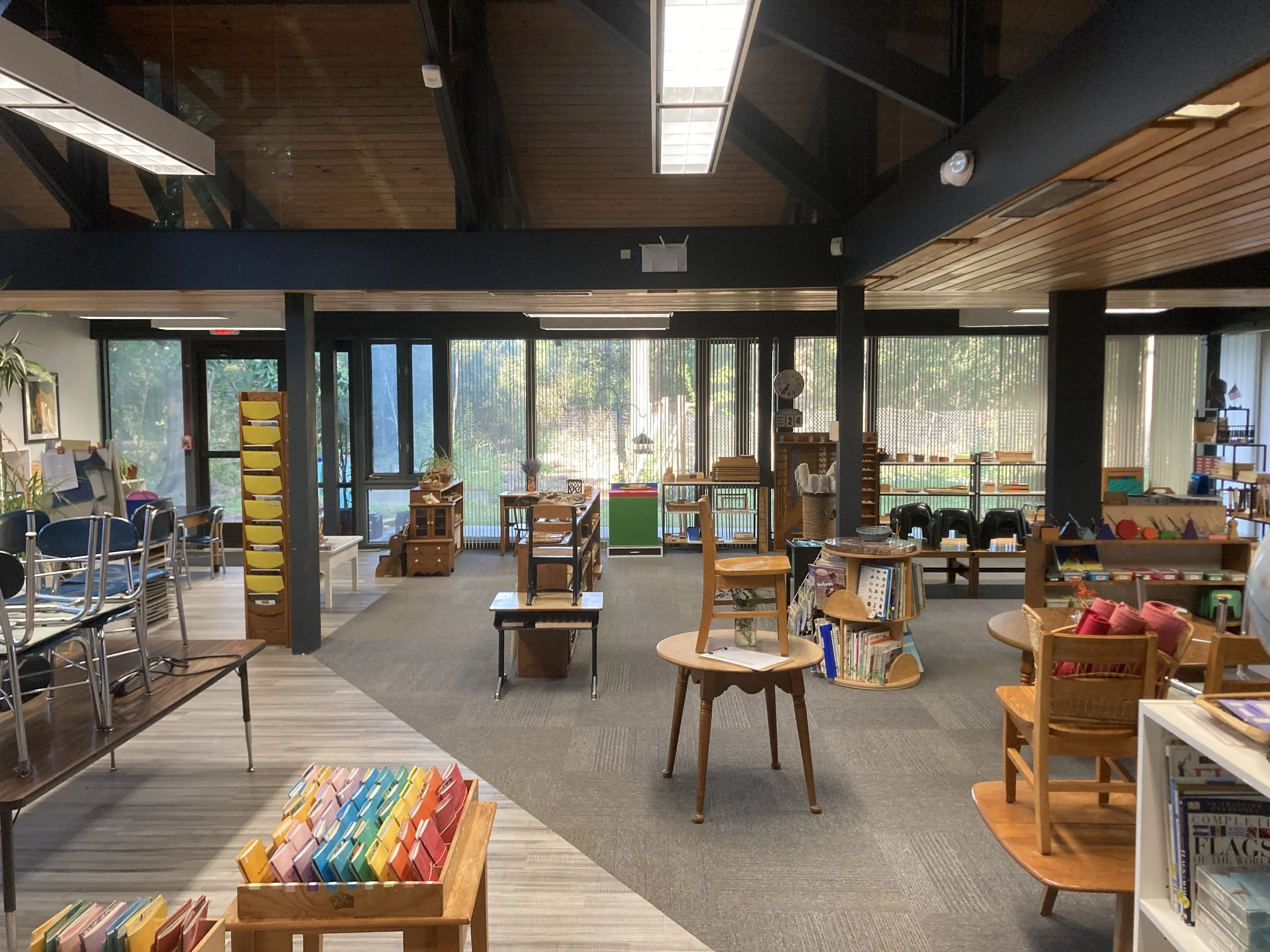
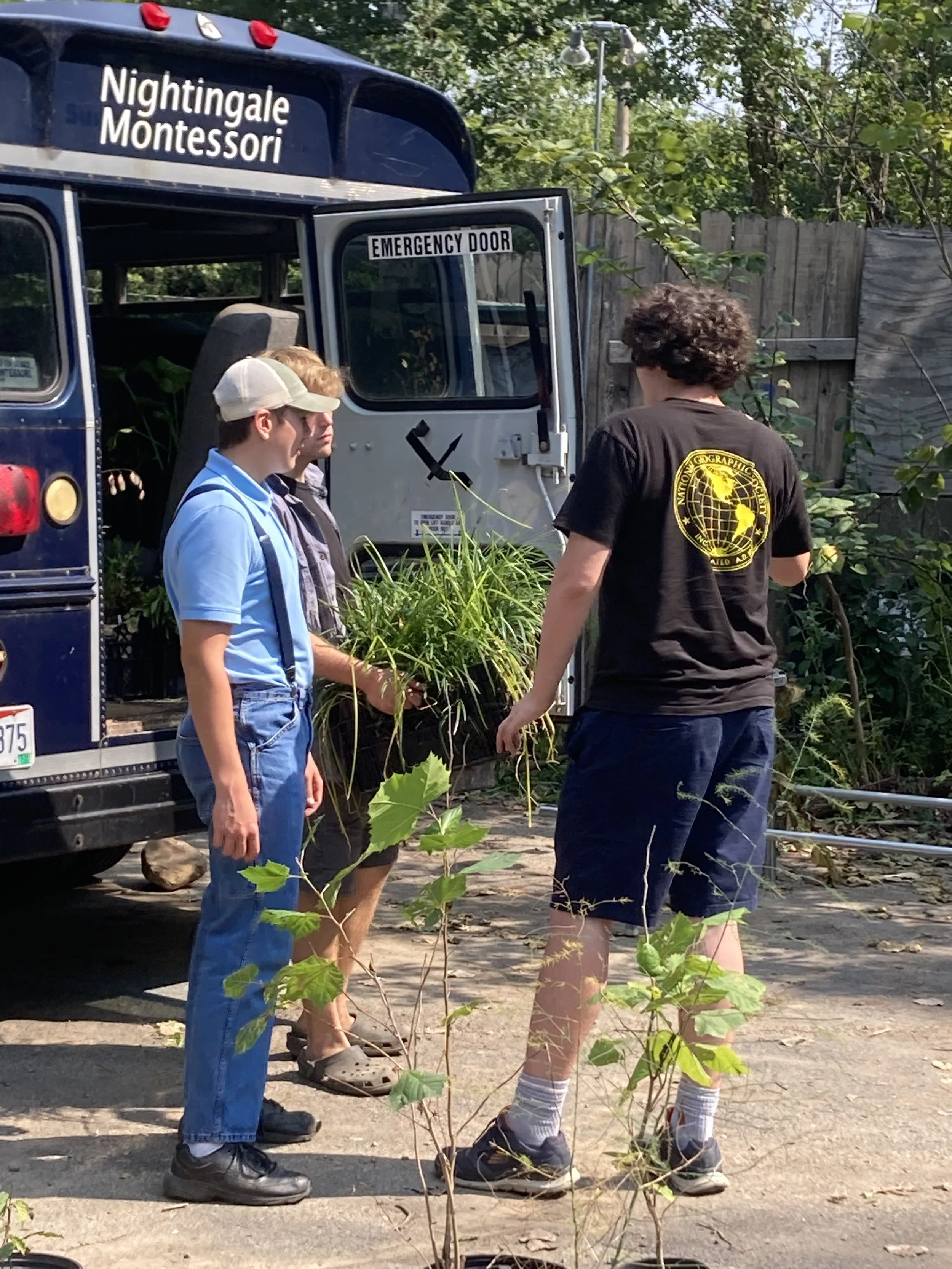
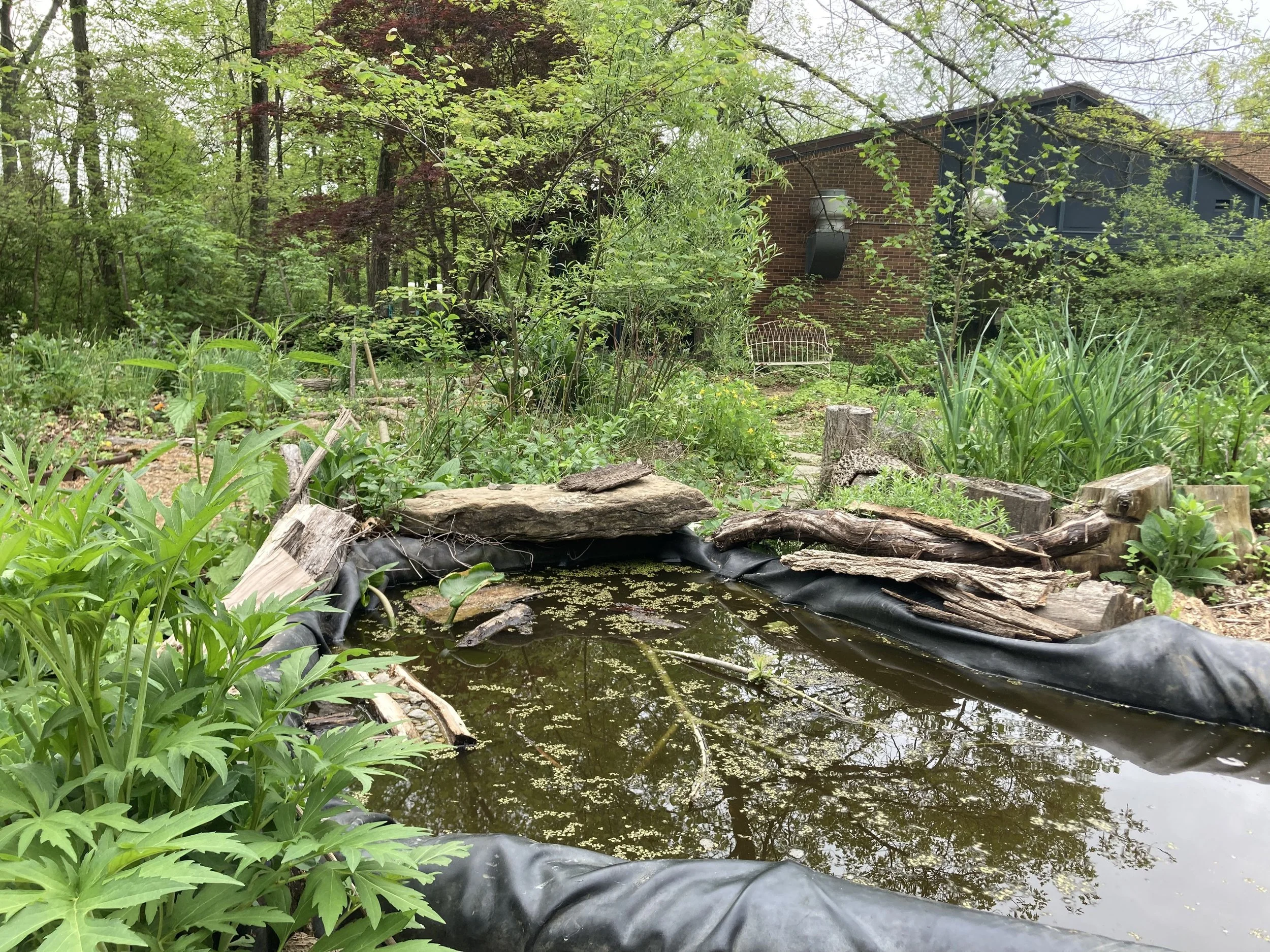

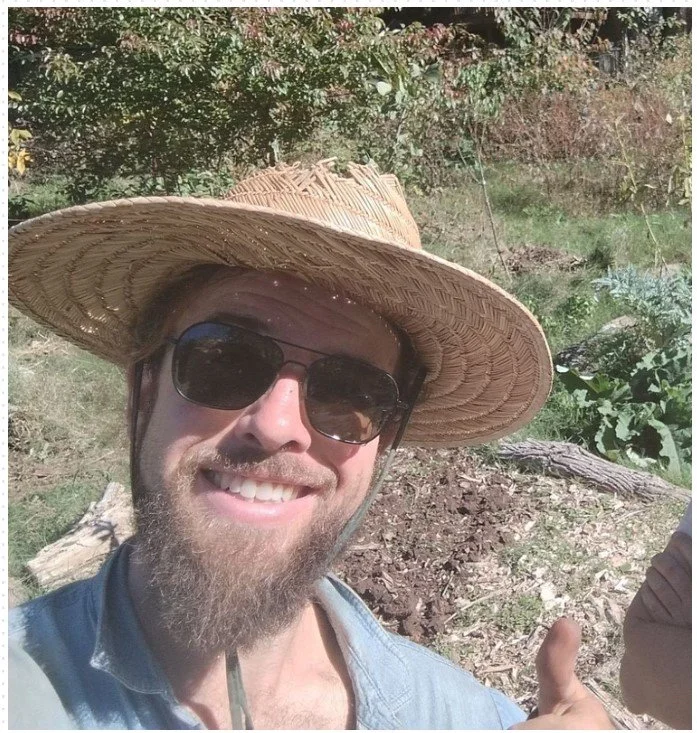
![Rethinking the American Lawn: Growing Beyond Nostalgia [Op-Ed]](https://images.squarespace-cdn.com/content/v1/55a2e7c1e4b07c31913b6c3b/1756330363843-YIAHRE2POVO7GBMR5B5P/20230708_135927-2.jpg)







